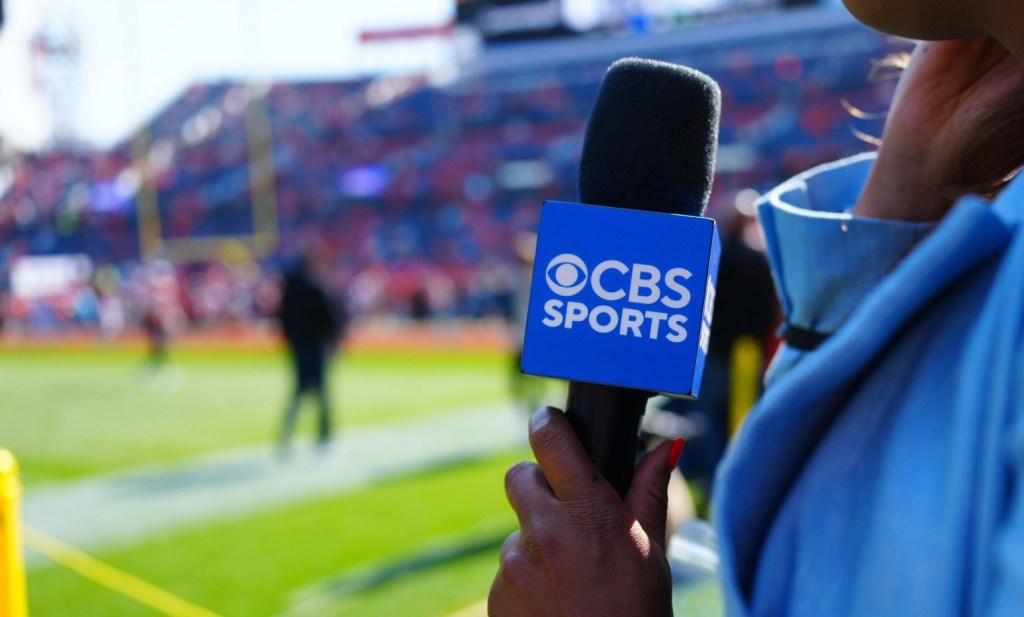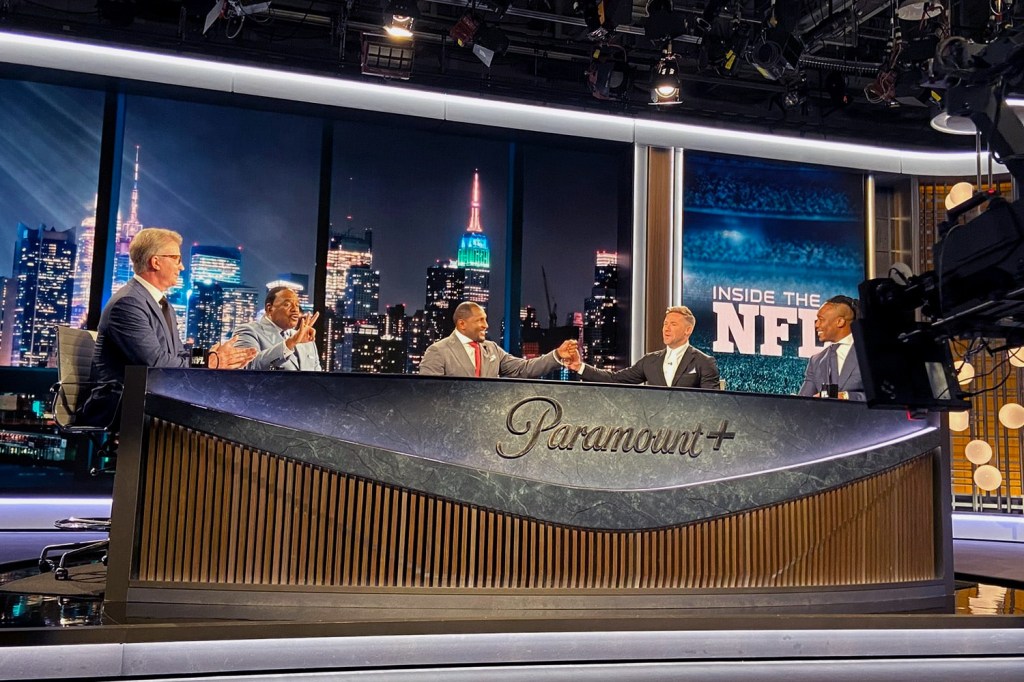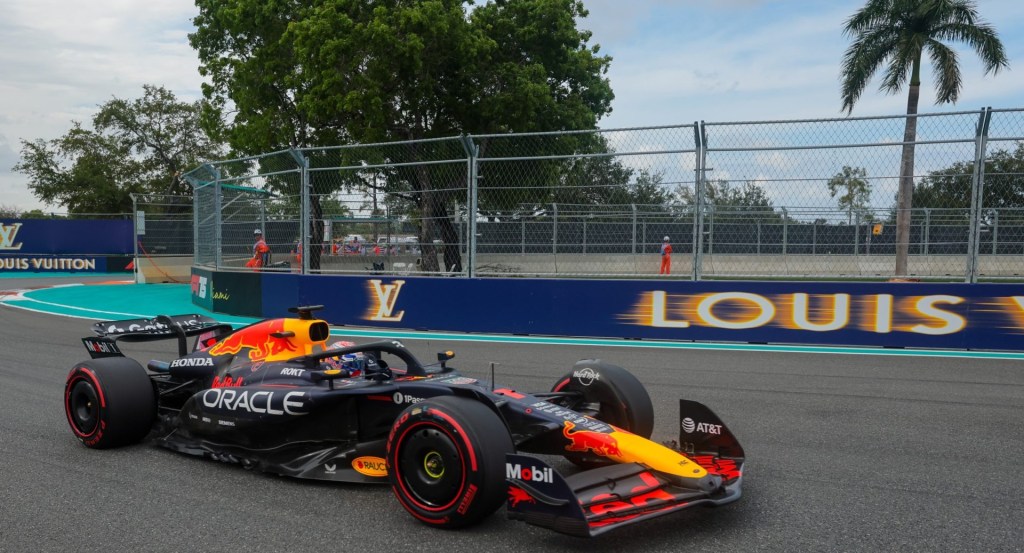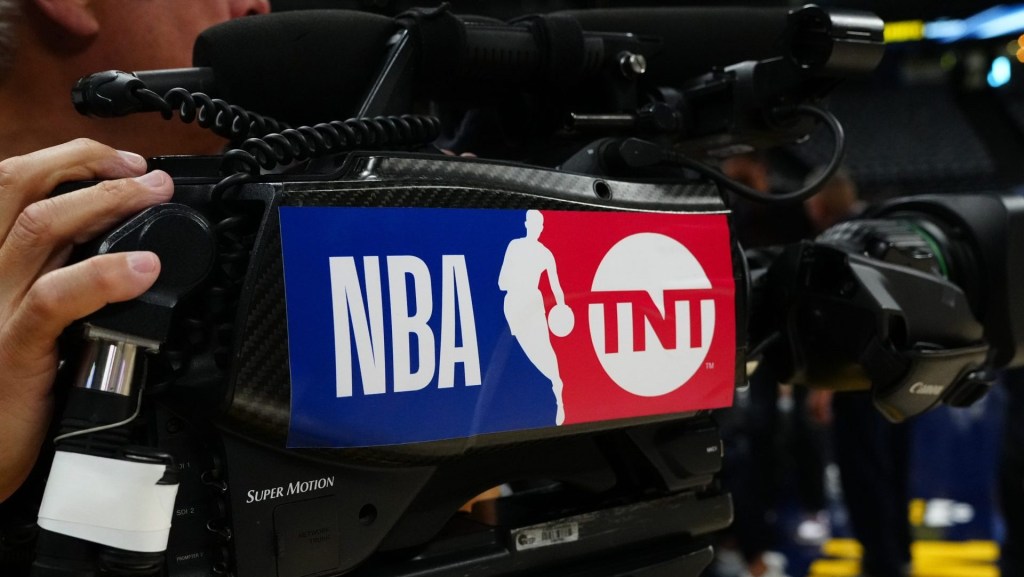Shareholder proxy fights are normally about as far from the sports world as can be imagined, and they rarely elevate to any sort of mainstream zeitgeist. But the one now emerging around the Walt Disney Co. carries major ramifications for ESPN and the future leadership of Disney and, regardless of the battle’s outcome, will render significant impacts across the sports industry.
For months, billionaire activist investor Nelson Peltz (above) and his Trian Fund Management have sought to gain two board seats when an election is held April 3 during Disney’s annual shareholder meeting. Peltz argues Disney needs to be far more aggressive on multiple fronts, including with regard to a succession plan for current CEO Bob Iger, clarifying ESPN’s digital strategy, overhauling the company’s TV and movie business, and bundling ESPN+ and Netflix.
On Monday, the divide grew as Trian additionally withheld its votes for Iger’s reelection to the board, according to a CNBC report.
Gaining Steam
Peltz has been opposed by Disney on nearly every front, but he nonetheless has engaged in a broad-based campaign to convey his message, including the publishing of several white papers. He also received a boost last week in his efforts from influential proxy adviser Institutional Shareholder Services, countering the sentiment from another adviser, Glass Lewis & Co., that is backing Disney’s slate of board nominees.
“Peltz, with his considerable experience on other boards and fiduciary duties owed to a large shareholding group, appears positioned to bring a shareholder perspective to the board,” ISS said.
But Disney is amassing widespread support on its side, with former CEO Michael Eisner, Star Wars creator George Lucas, JPMorgan Chase CEO Jamie Dimon, the Disney family, and Steve Jobs’s widow, philanthropist Laurene Powell Jobs, among those backing the company. Disney also has the benefit of recency as company shares have risen nearly 30% so far this year.
“Bringing in someone who doesn’t have the experience in the company or the industry to disrupt [Iger] and his eventual successor is playing not only with fire but earthquakes and hurricanes as well,” Eisner posted on X.
Even before the recent run-up in lobbying, The Wall Street Journal branded the battle as potentially the most expensive shareholder fight, with more than $70 million projected to be spent.
Bristol Impacts
The outcome of the proxy fight, in particular, could render seismic impacts on ESPN. Currently, the sports media giant is in the midst of several major initiatives, including the development of a stand-alone, direct-to-consumer version of the network debuting next year, a new sports betting partnership with Penn Entertainment, a potential partial equity sale, and a much-debated streaming joint venture with Fox and Warner Bros. Discovery.
Peltz, however, argues that Disney’s ESPN and sports product strategy is “chaotic,” too risk-laden, and not sufficiently focused on financial returns.
“While we are open-minded, we are skeptical that a flagship ESPN DTC service is a viable business model given rising sports programming costs and the consumption patterns of sports fans,” Peltz and Trian said in an online presentation on their vision for Disney. “In our view, ESPN will always work best as a wholesale product that is bundled with a broader package of entertainment and sports content.”
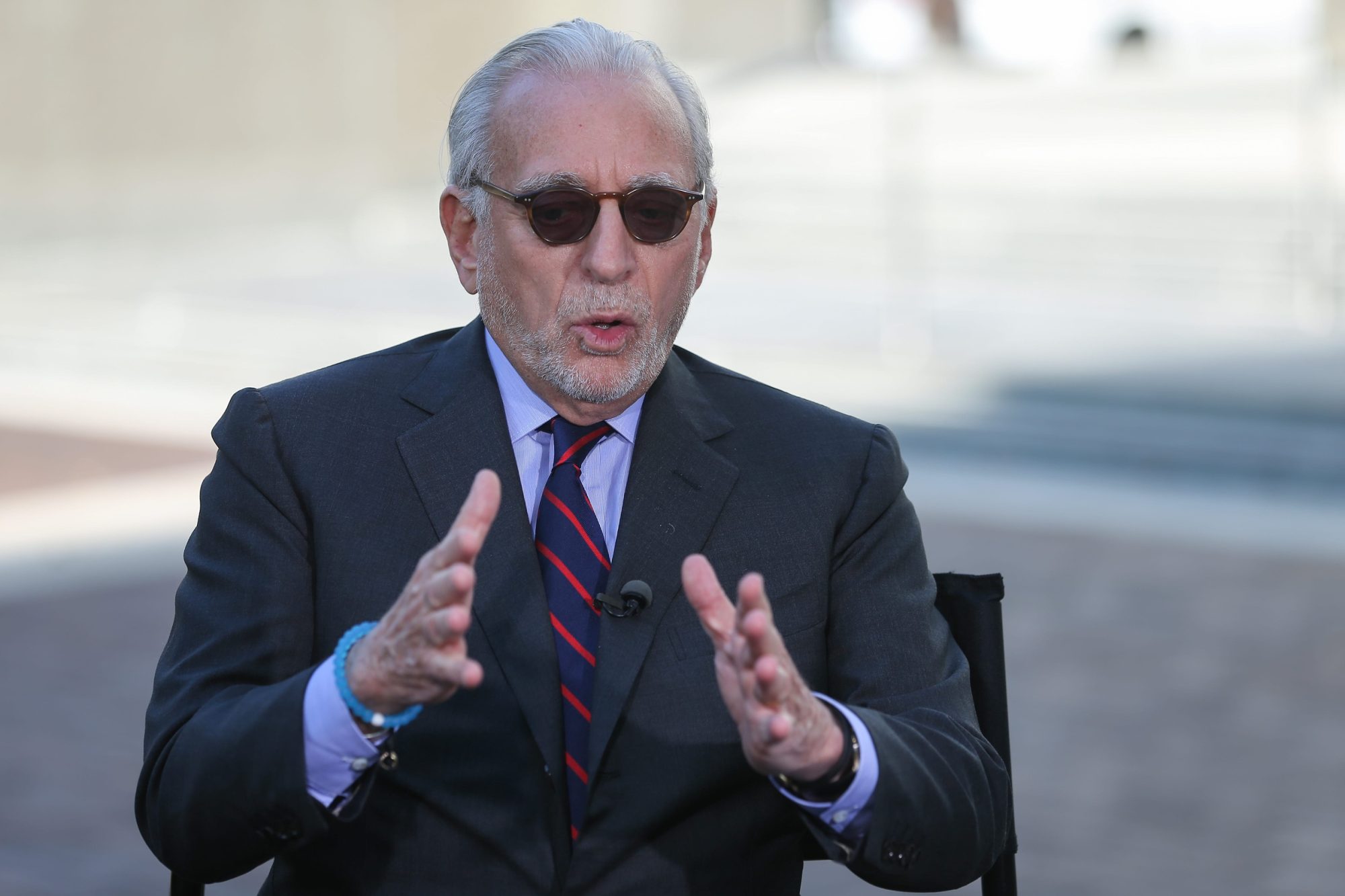
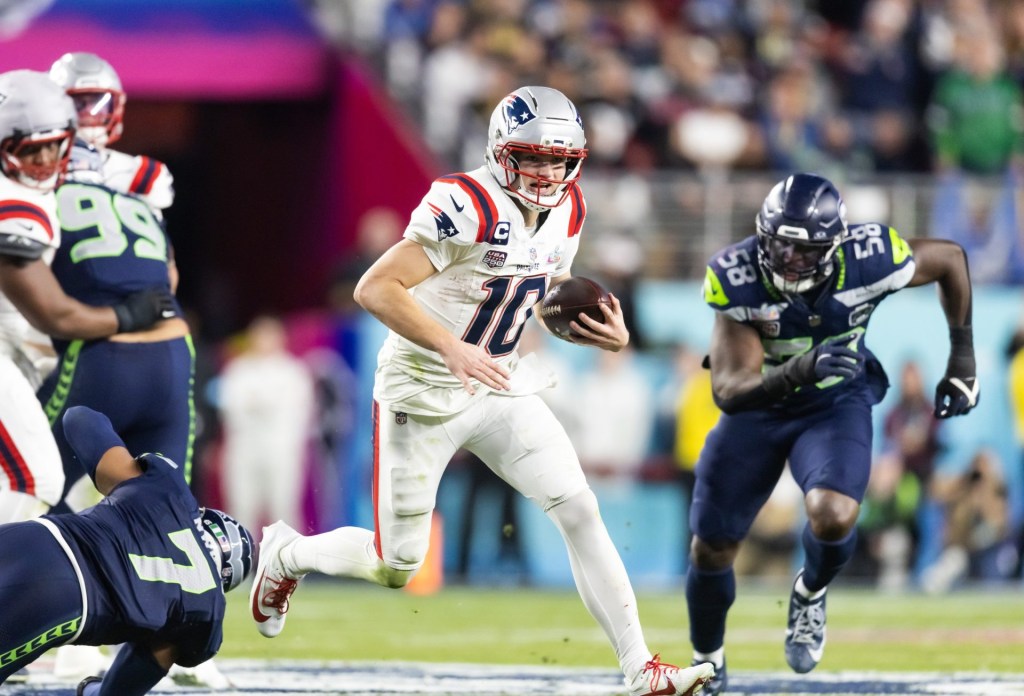
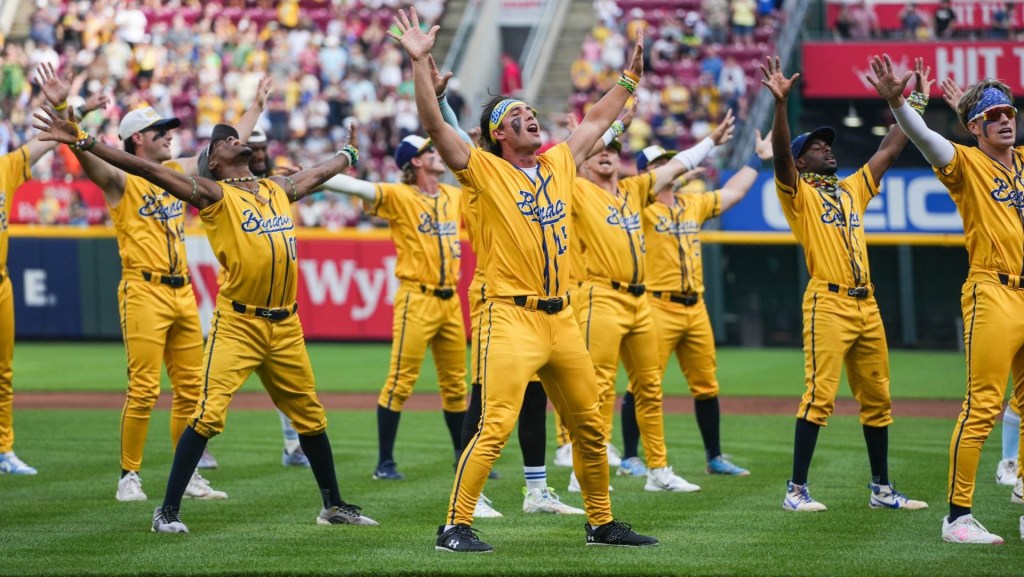
![ESPN Bet broadcasts inside the PGA Tour Studios building in Ponte Vedra Beach, Florida, on March 14, 2025. [Clayton Freeman/Florida Times-Union]](https://frontofficesports.com/wp-content/uploads/2026/02/USATSI_25668497_168416386_lowres-1-scaled.jpg?quality=100&w=1024)
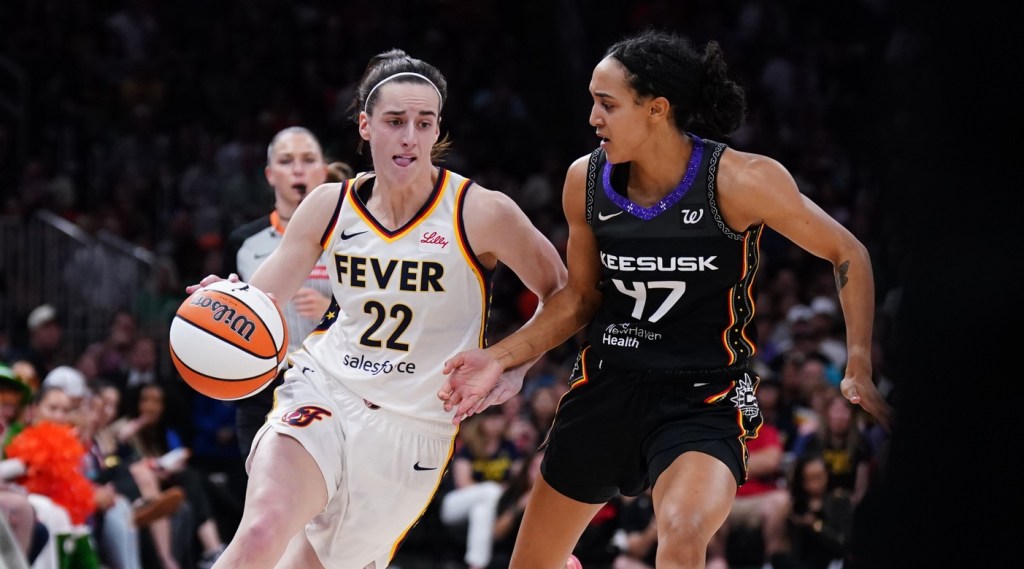

![[Subscription Customers Only] Jun 15, 2025; Seattle, Washington, USA; Botafogo owner John Textor inside the stadium before the match during a group stage match of the 2025 FIFA Club World Cup at Lumen Field.](https://frontofficesports.com/wp-content/uploads/2026/02/USATSI_26465842_168416386_lowres-scaled.jpg?quality=100&w=1024)
![[Subscription Customers Only] Jul 13, 2025; East Rutherford, New Jersey, USA; Chelsea FC midfielder Cole Palmer (10) celebrates winning the final of the 2025 FIFA Club World Cup at MetLife Stadium](https://frontofficesports.com/wp-content/uploads/2026/02/USATSI_26636703-scaled-e1770932227605.jpg?quality=100&w=1024)


